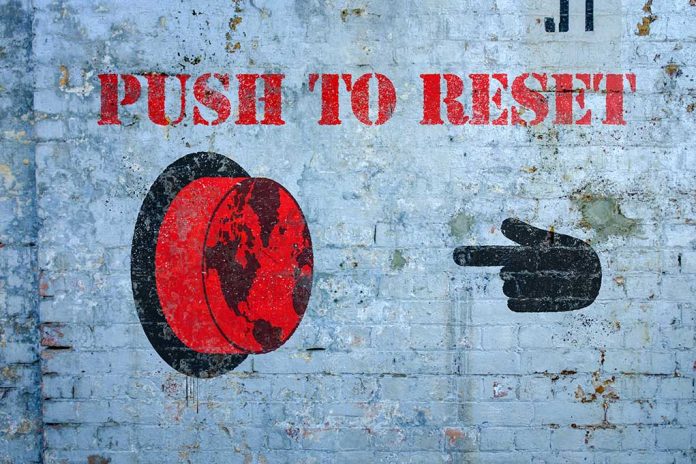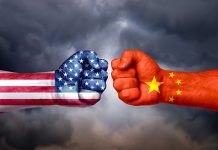
(RightWing.org) – The World Economic Forum (WEF) recently hosted its Annual Meeting of the New Champions in China. Unofficially dubbed the “Summer Davos,” the meeting gathered more than 1,600 high-level public figures, innovators, and entrepreneurs to “generate collective insights and deployable solutions” to global economic issues. During his opening address, the WEF’s founder discussed the need to force the world’s governments and businesses into adopting a globalist agenda.
Klaus Schwab discussed the rising influence of artificial intelligence and other emerging technologies and their role in what he calls the Fourth Industrial Revolution. He warned that humanity needed to “work together” with global elitists to survive upcoming changes within various economies.
"Risks & opportunities co-exist.. Breakthroughs from the fourth industrial revolution provide new opportunities for global prosperity and growth" Klaus Schwab at the WEF #AMNC24 Summer Davos pic.twitter.com/jTcTMLaV9L
— Tim Hinchliffe (@TimHinchliffe) June 25, 2024
At another key point in his address, Schwab told meeting attendees that global entities, private and governmental, “must embrace innovation and force […] collaboration” across the world’s nations, regions, sectors, and cultures “to drive future economic growth. He stressed the need for that level of cooperation with the global elitist agenda “to create” a more resilient, sustainable, inclusive, and peaceful future for all.
Schwab concluded that portion of his speech by noting that the “active participation” of everyone with a stake in the world’s economic future was needed to “ensure a sustainable development path” for the global economy in the wake of the shift in worldwide economic dynamics created by the recent pandemic.
WEF : Klaus Schwab ‘We Must Force’ Humanity into ‘Collaboration’ pic.twitter.com/rarcBvBc2i
— Marcus Cottus (@cottusmarcus) June 26, 2024
Schwab’s speech isn’t the first time he’s discussed his radical ideas regarding a new industrial revolution. In 2020, he co-authored a book with fellow economist Thierry Malleret discussing “The Great Reset,” their vision of the proper approach to realigning global economic structures post-pandemic. The authors argued that the worldwide health crisis provided an opportunity for humanity to address systemic issues and create a more sustainable and equitable future for the world’s economies.
The book also discussed the need to consider societal issues like changes in individuals’ work-life balance and social inequity, along with environmental factors such as addressing climate change when implementing new economic norms.
Copyright 2024, RightWing.org






















